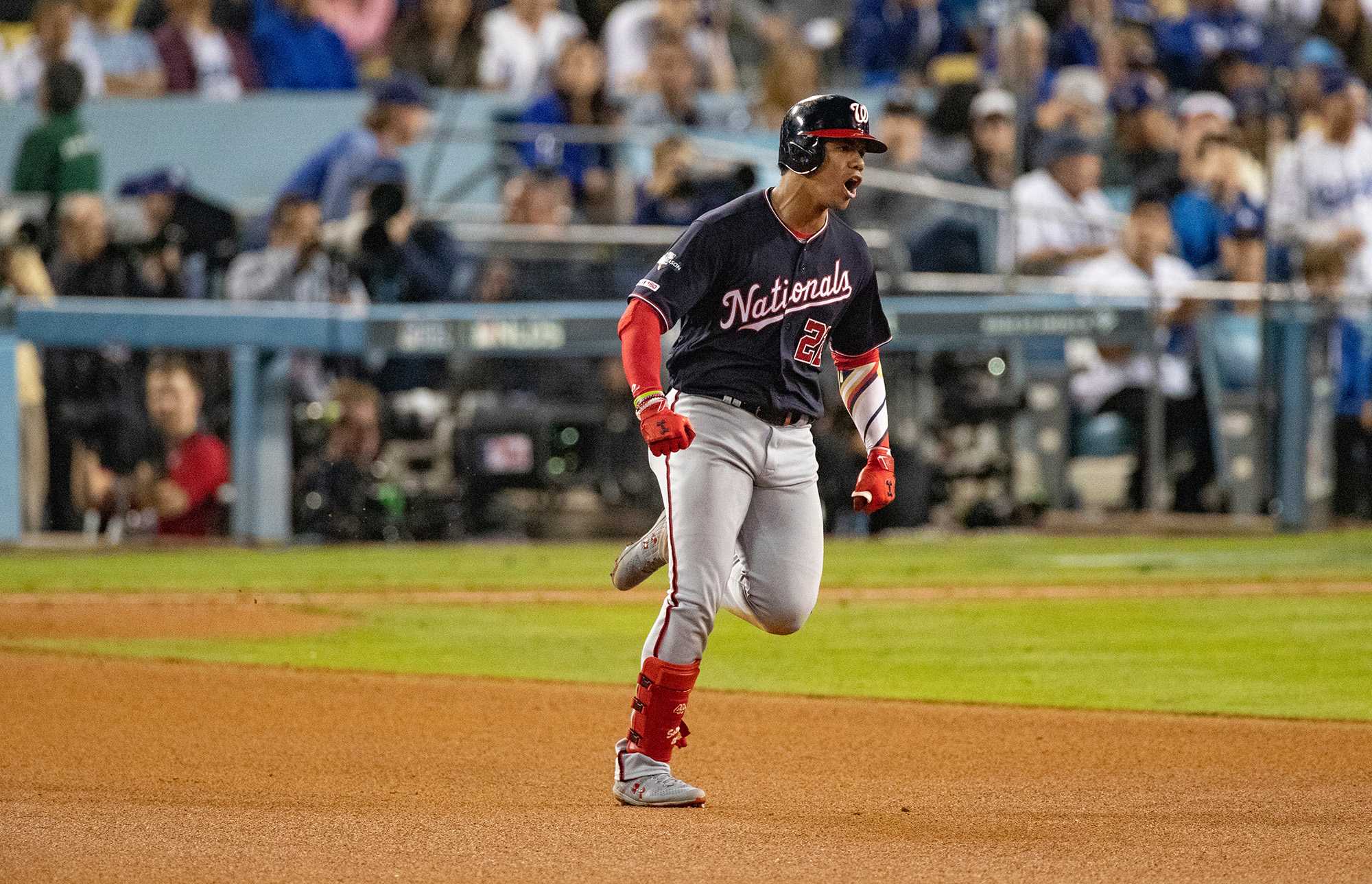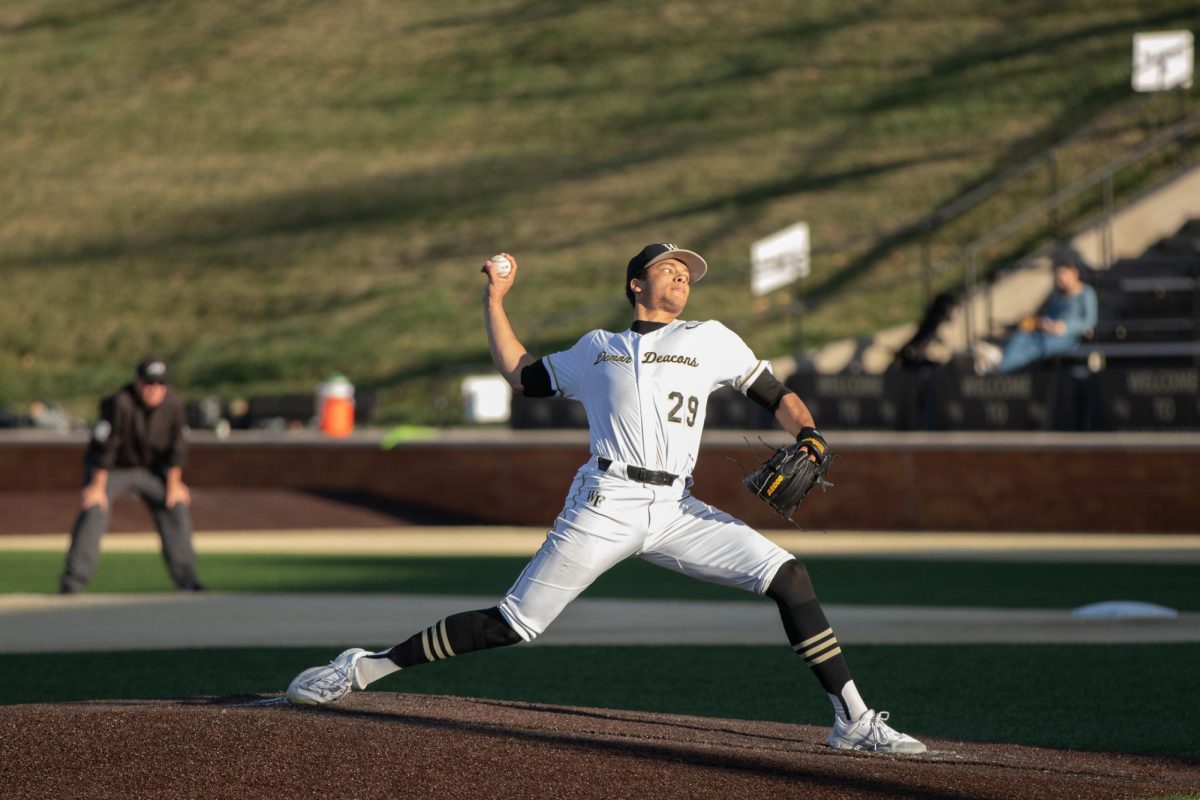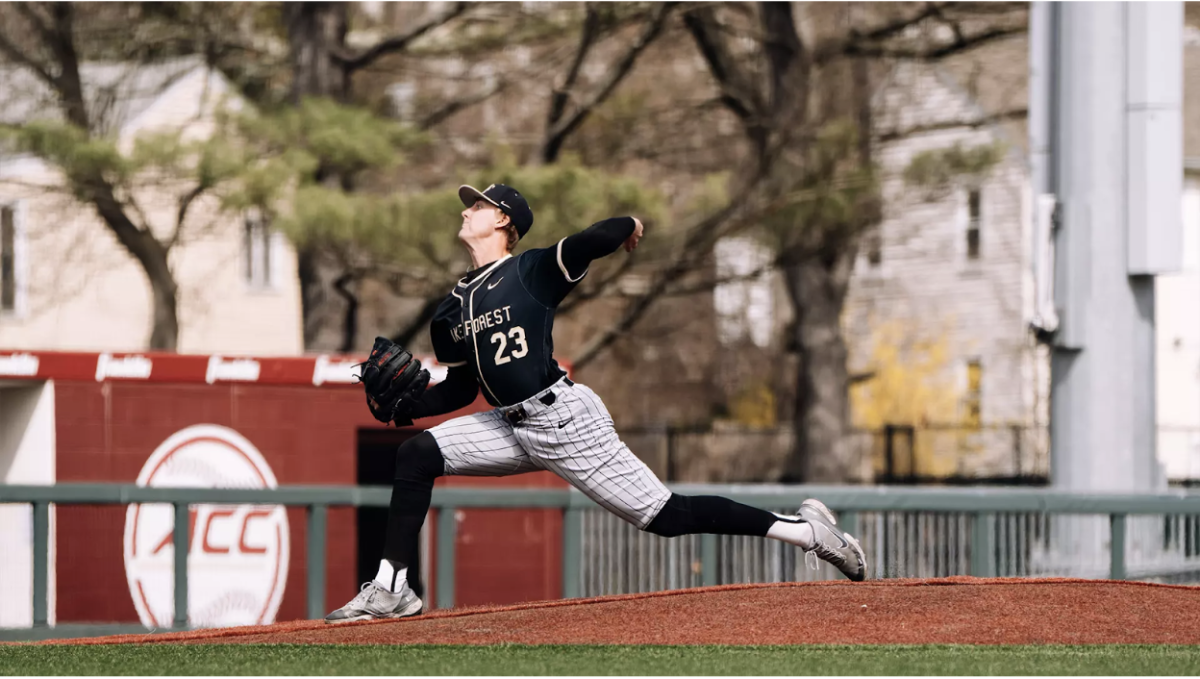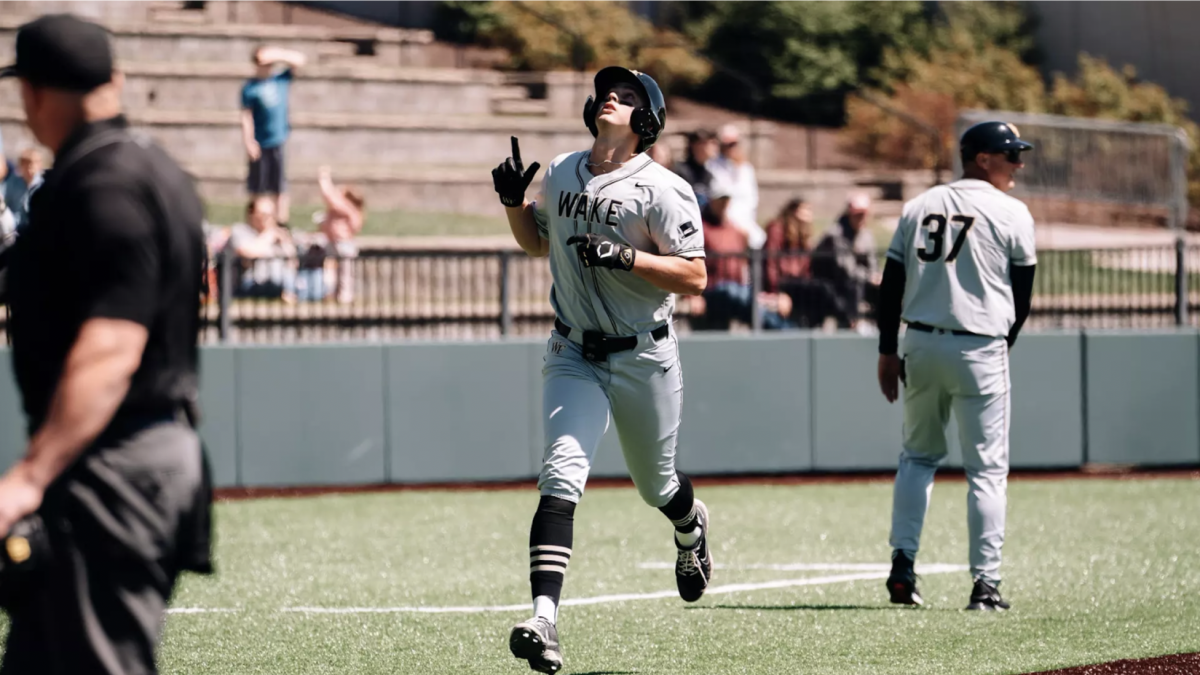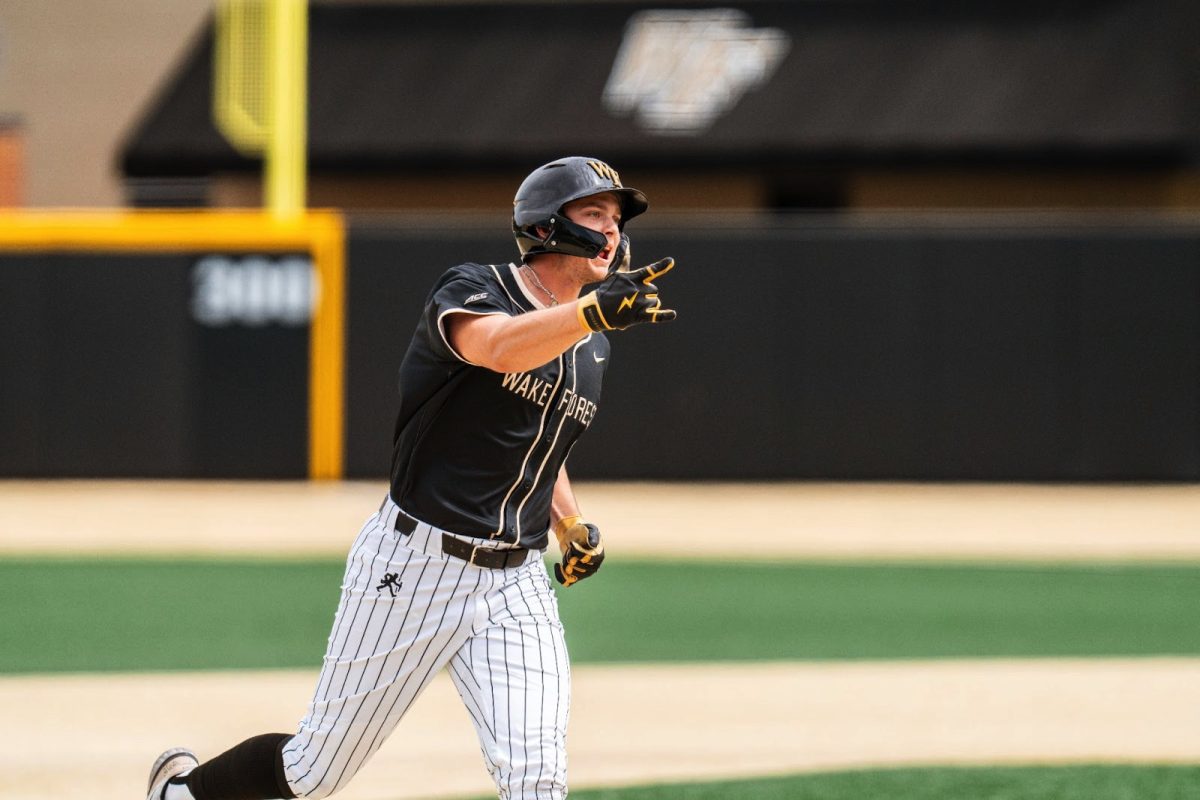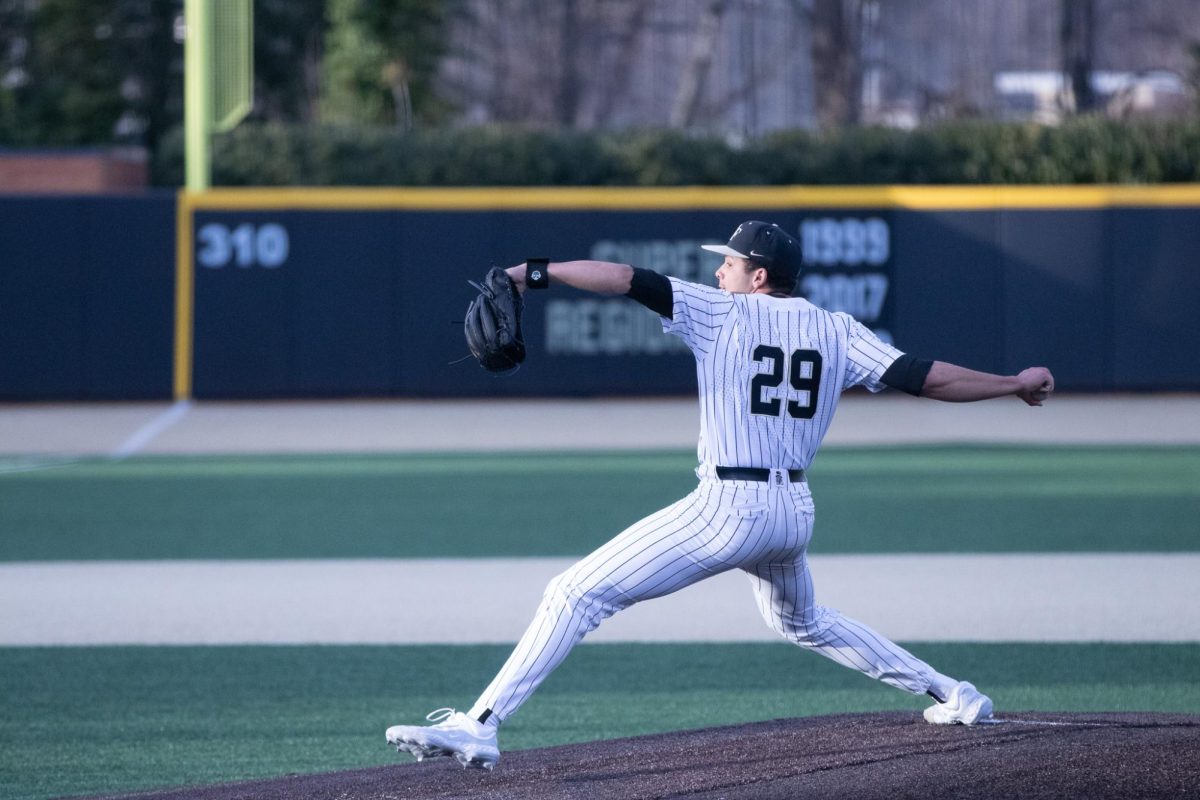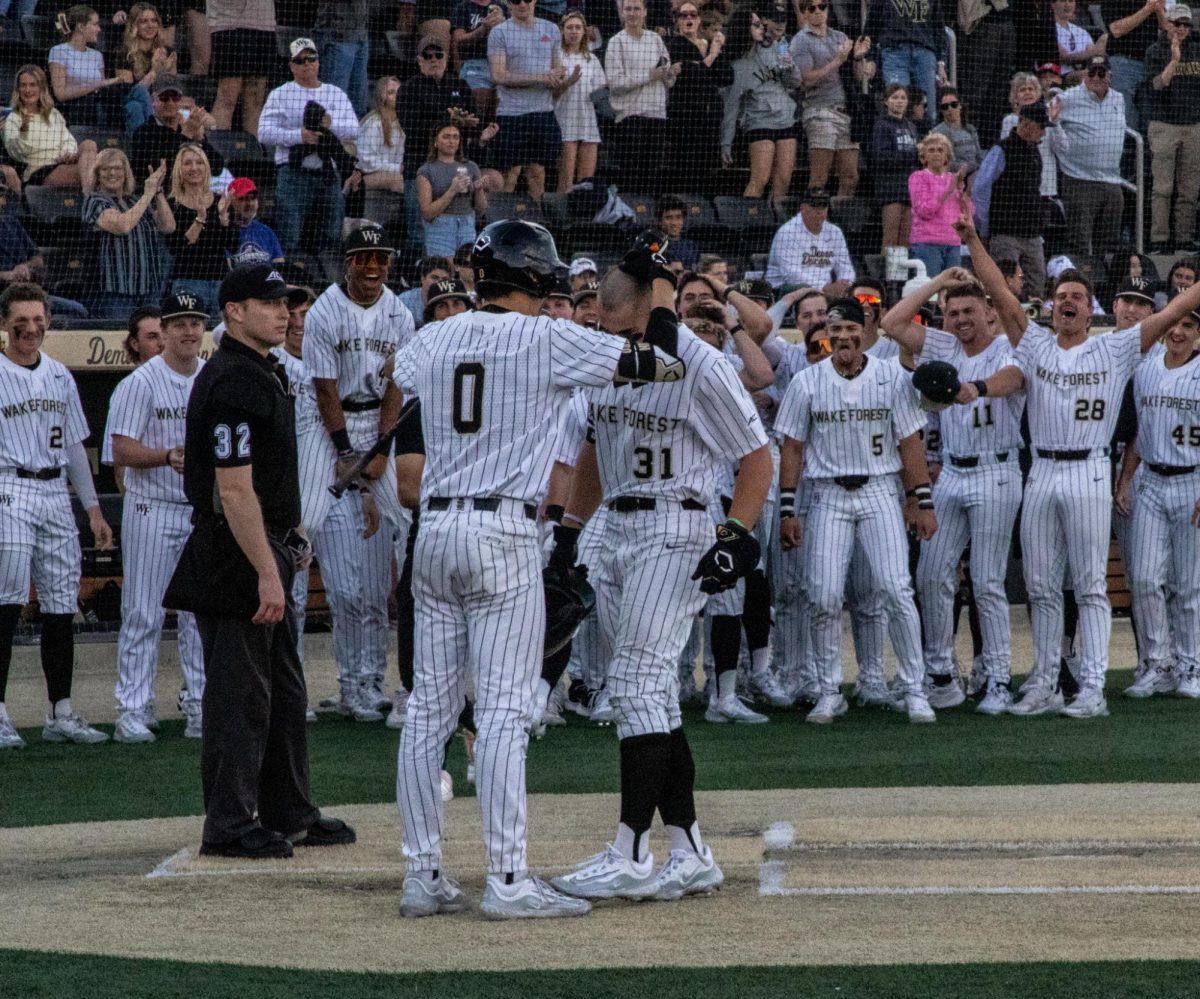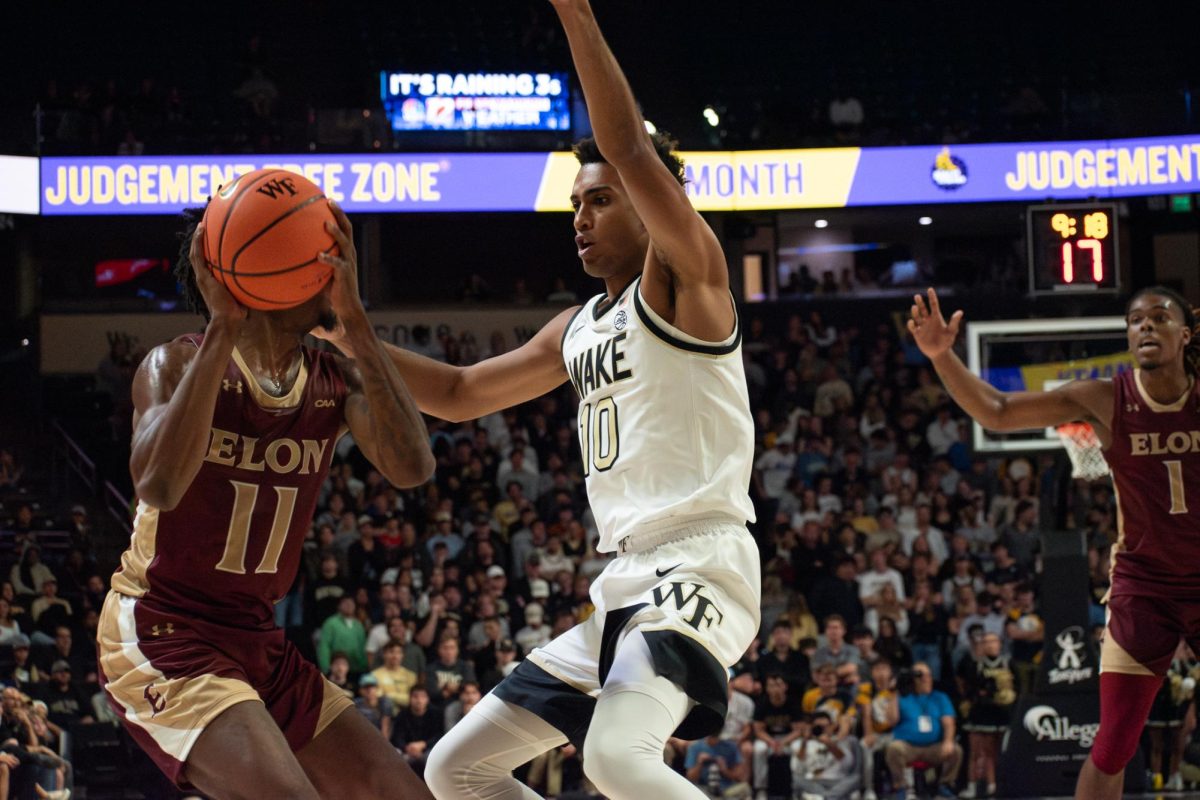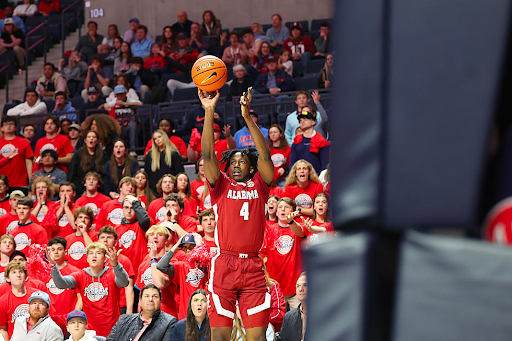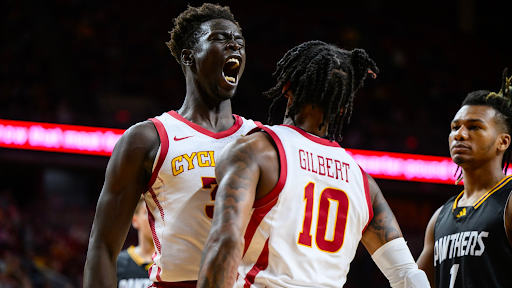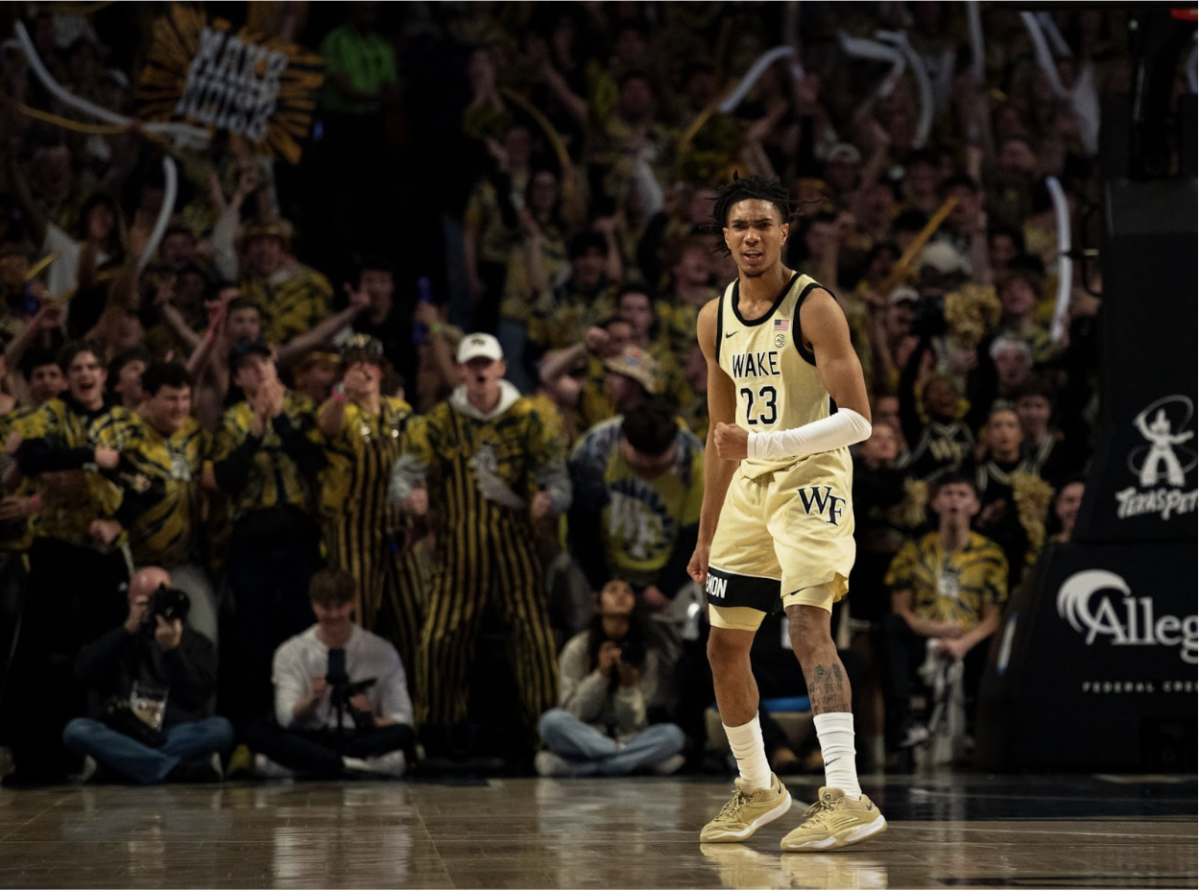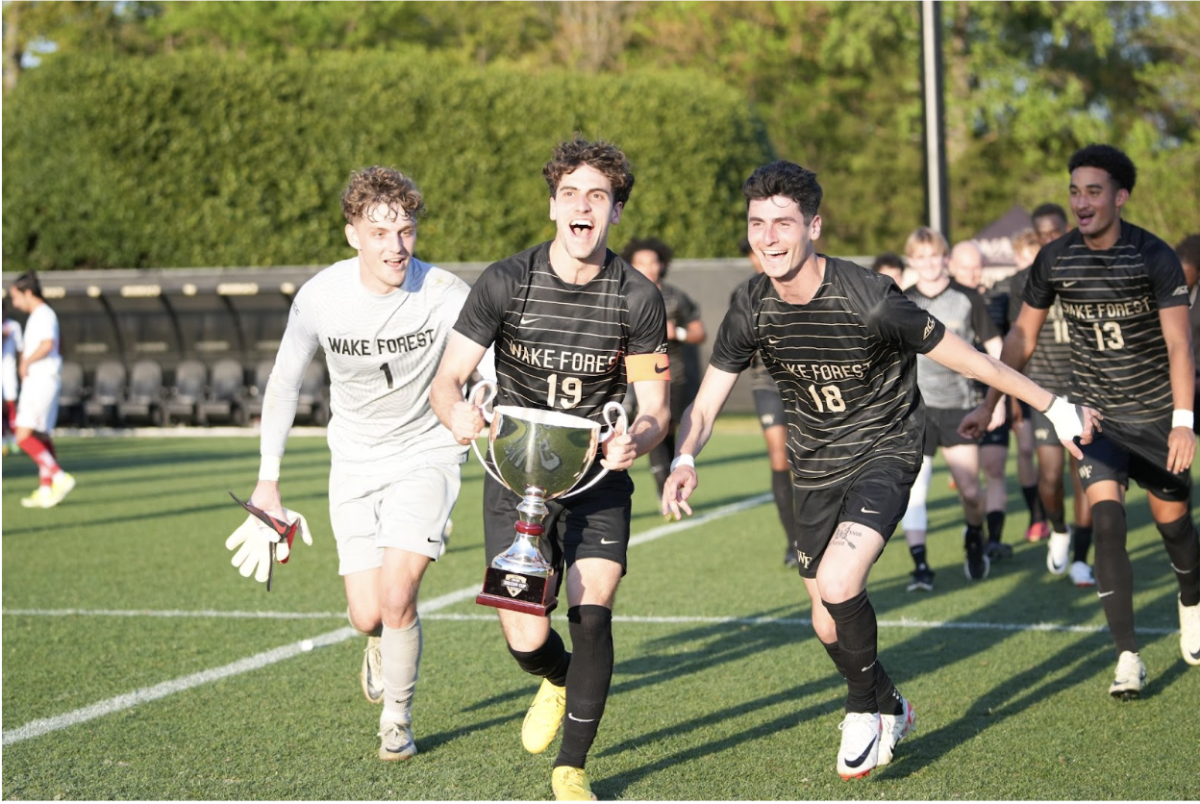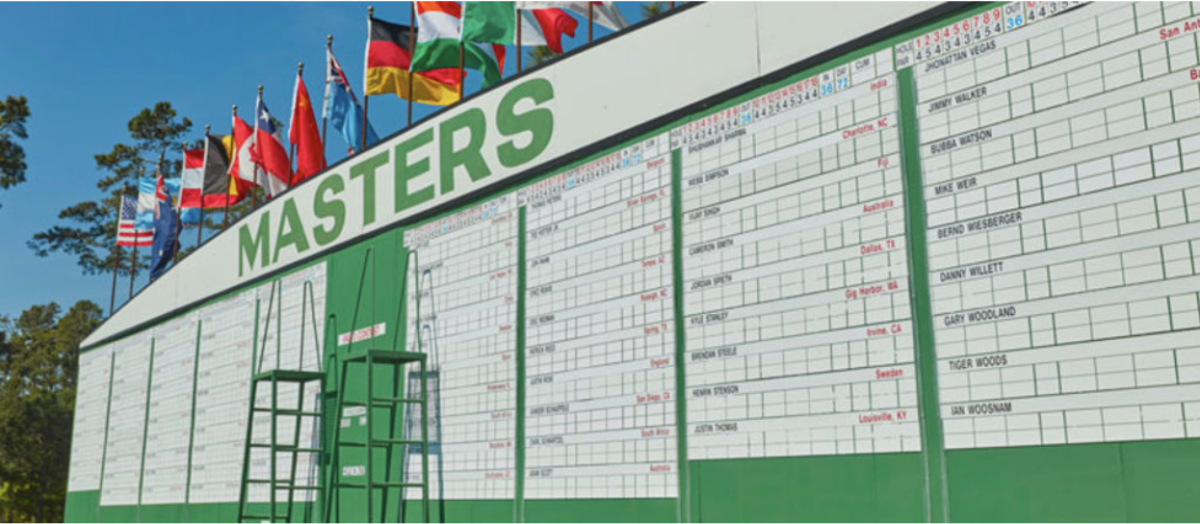NLCS
After an offseason that saw the departure of Bryce Harper, once the face of their franchise, the Washington Nationals responded by shaking the postseason monkey from their backs, toppling the Dodgers in the NLDS and sweeping the Cardinals in the NLCS.
The Nationals, who moved to Washington D.C. from Montreal in 2005, had never won a playoff series prior to their current 2019 postseason run. In 2012, 2014, 2016 and 2017, the Nationals fell in the division series, losing a winner-take-all Game 5 in three of their four series losses. Now, they have flipped the script, surging from a Wild Card spot to take down the NL-favorite Dodgers and sweeping the Cardinals in four routine games.
For years, the Nationals were preseason darlings, often projected to reach the World Series, only to fall well short once the calendar flipped to October. In 2019, with decreased expectations and without a division crown, the Nationals have ridden phenomenal starting pitching to an unexpected postseason run.
Their fairly potent lineup features the necessary stars to get them through games — see Juan Soto and Anthony Rendon — and their starting pitching matches up better with Houston’s Gerrit Cole, Justin Verlander and Zack Greinke than any other team, so their bullpen (perhaps the worst to ever grace a playoff team) was always the question mark. In order to avoid the late-game collapses that plagued them throughout the regular season, the Nationals have simply avoided using most of their pen at all costs, leaning exclusively on Sean Doolittle and Daniel Hudson in high-leverage situations.
In addition, Stephen Strasburg, Max Scherzer and Patrick Corbin — Washington’s three-headed starting pitching monster — have all been called upon to appear in relief, a strategy that has played out beautifully for Washington.
In the first two games of the NLCS, Anibal Sanchez and Scherzer both pitched 7 or more innings of one-hit, shutout ball in their starts, and they each flirted with a no-hitter. Strasburg, who has quietly dominated in the postseason throughout his career, struck out 12 Cardinals in Game 3 and allowed no earned runs.
The Cardinals looked overwhelmed all series, recording just four hits between their first two NLCS games. While their offensive collapse was striking, it was not altogether surprising, as their regular season team wRC+ of 95 ranked them an exceedingly-average 15th in MLB. Suffice to say, the Nationals’ pitching will be tested a bit more in the World Series when they face either Houston’s No. 1-ranked offense or New York’s No. 2-ranked offense (by wRC+).
Though both New York and Houston would enter the World Series as favorites, the additional rest that the Nationals earned by sweeping St. Louis could be crucial. Since their postseason strategy has relied on and will continue to rely on riding their best four or five pitchers for almost all their innings, giving the likes of Strasburg, Scherzer and Corbin time to rest will put Washington in a much more competitive position.
Yes, the winner of the ALCS will be more likely to win the World Series, but if Washington’s starting pitching can continue its run of dominance, the Nats will make the World Series interesting in a hurry.
ALCS
Speaking of the two juggernauts battling for the right to face Washington in the World Series, the Yankees and Astros are currently locked in a much more competitive series, in which the Astros currently hold a 2-1 lead.
The Yankees opened the series by thrashing the Astros 7-0, and they got six quality innings from Masahiro Tanaka, who shut down a surging Astros lineup.
Game 2 was a tightly-contested affair that lasted 11 innings. Each team managed to score some early runs, but the Yankees went to their bullpen first. This proved to be the difference, as once the 11th inning rolled around, Yankees Manager Aaron Boone had already used Aroldis Chapman, Zach Britton and Adam Ottavino, so J.A. Happ was forced into some high-leverage innings.
Happ left a fastball up to start the bottom of the 11th, and Carlos Correa didn’t miss, blasting the ball the other way for a walk-off home run that evened the series.
In Game 3, Astros starting pitcher Gerrit Cole had his worst start of the postseason … and still allowed zero runs. Cole has been on another planet for months now, and it almost seems like a foregone conclusion that he will turn in seven or more scoreless innings every time he touches the mound.
Now, after a postponement due to rain, the Yankees face a pivotal Game 4 tonight, as they look to avoid falling into a 3-1 series hole. The Astros are sending Zach Greinke to the mound, and as the Yankees learned in Game 1, he has not been at his best this postseason. With Houston’s Justin Verlander scheduled to pitch Game 5, the Yankees need to take advantage of this opportunity.

